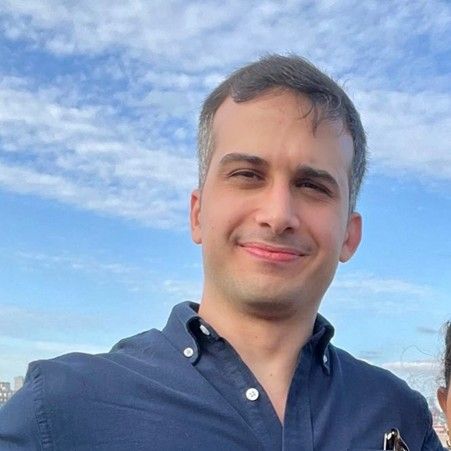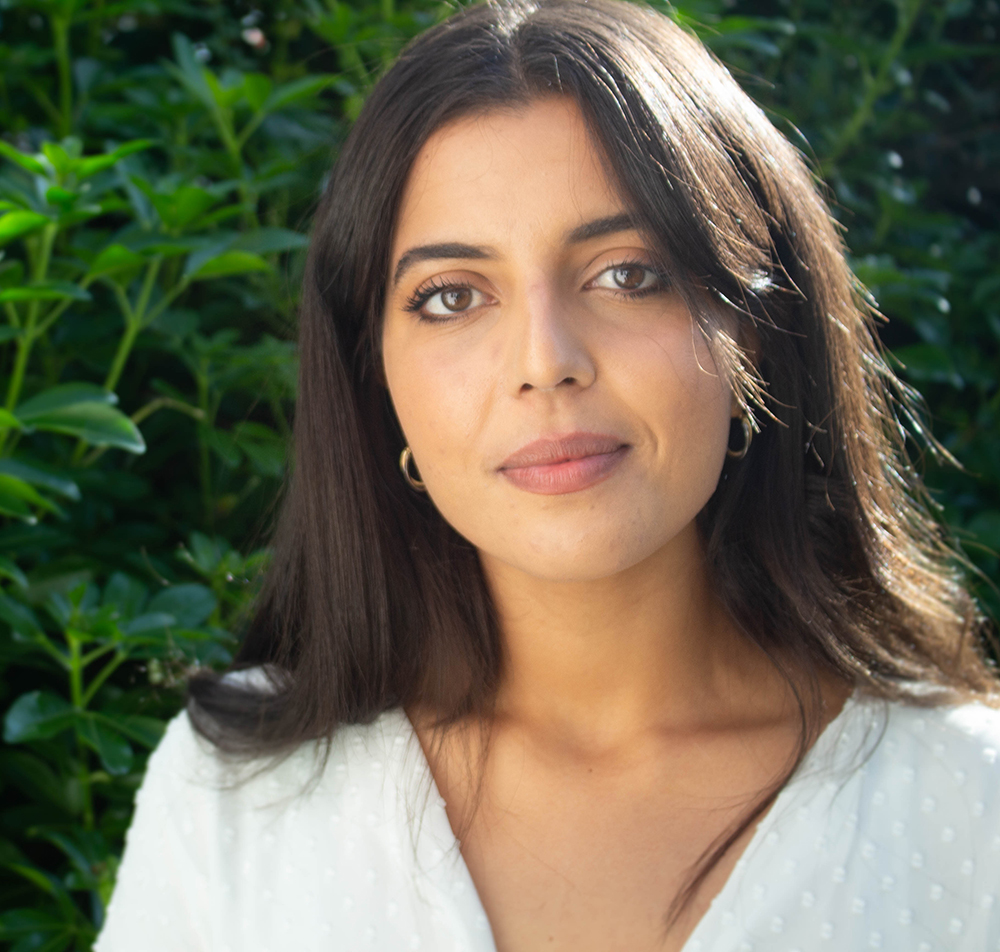The use of technology to mobilize Russians to vote—a system tied to the relative material well-being of the electorate, its high dependence on the state, and a far-reaching system of digital control—is breaking down.
Andrey Pertsev
{
"authors": [],
"type": "pressRelease",
"centerAffiliationAll": "dc",
"centers": [
"Carnegie Endowment for International Peace"
],
"collections": [],
"englishNewsletterAll": "menaTransitions",
"nonEnglishNewsletterAll": "",
"primaryCenter": "Carnegie Endowment for International Peace",
"programAffiliation": "MEP",
"programs": [
"Middle East"
],
"projects": [],
"regions": [
"Middle East",
"North Africa"
],
"topics": [
"Political Reform",
"Democracy"
]
}
REQUIRED IMAGE
The imbalance of power in Arab countries allows regimes to stay in control virtually unchallenged by non-violent opposition groups. Without a break in the stalemate between the key players—ruling establishments, moderate Islamist movements, and secular parties—democratization is impossible.
The imbalance of power in Arab countries allows regimes to stay in control virtually unchallenged by non-violent opposition groups. Without a break in the stalemate between the key players—ruling establishments, moderate Islamist movements, and secular parties—democratization is impossible.
Getting to Pluralism: Political Actors in the Arab World, a new book edited by Marina Ottaway and Amr Hamzawy with contributions by Michele Dunne, analyzes the political stagnation entrenched across the region. Authoritarianism does not come from Arab cultural exceptionalism or protracted regional conflicts, but from the currently unbreakable deadlock among governments, Islamist movements, and liberal or leftist groups. Incumbent regimes easily maintain power when faced with a weak and divided opposition on an uneven playing field.
Key conclusions:
“The weakness of opposition groups in the Arab world, coupled with the power of governments, which is often as rooted in the strength of the security services as it is in the political process, go a long way toward explaining why Arab countries have not been reforming politically,” write the editors. “It stands to reason that attempts by the international community to encourage political reform while failing to address the fundamental issue of power are bound to fail.”
###
EDITORS
Marina Ottaway, director of the Carnegie Middle East Program, specializes in democracy and post-conflict reconstruction issues, with special focus on problems of political transformation in the Middle East.
CONTRIBUTOR
NOTES
Carnegie does not take institutional positions on public policy issues; the views represented herein are those of the author(s) and do not necessarily reflect the views of Carnegie, its staff, or its trustees.
The use of technology to mobilize Russians to vote—a system tied to the relative material well-being of the electorate, its high dependence on the state, and a far-reaching system of digital control—is breaking down.

Andrey Pertsev
New data from the 2026 Indian American Attitudes Survey show that Democratic support has not fully rebounded from 2020.


Sumitra Badrinathan, Devesh Kapur, Andy Robaina, …
For climate-focused civil society in countries like Morocco, Algeria, and Tunisia to be most effective, organizations should work together to develop networks that extend their reach beyond their local area and connect across borders to share best practices and amplify each other’s work.

Sarah Yerkes
The recent African Cup of Nations tournament in Morocco touched on issues that largely transcended the sport.


Issam Kayssi, Yasmine Zarhloule
As Moscow looks for opportunities to build inroads on the continent, governments in West and Southern Africa are identifying new ways to promote their goals—and facing new risks.



Nate Reynolds, ed., Frances Z. Brown, ed., Frederic Wehrey, ed., …